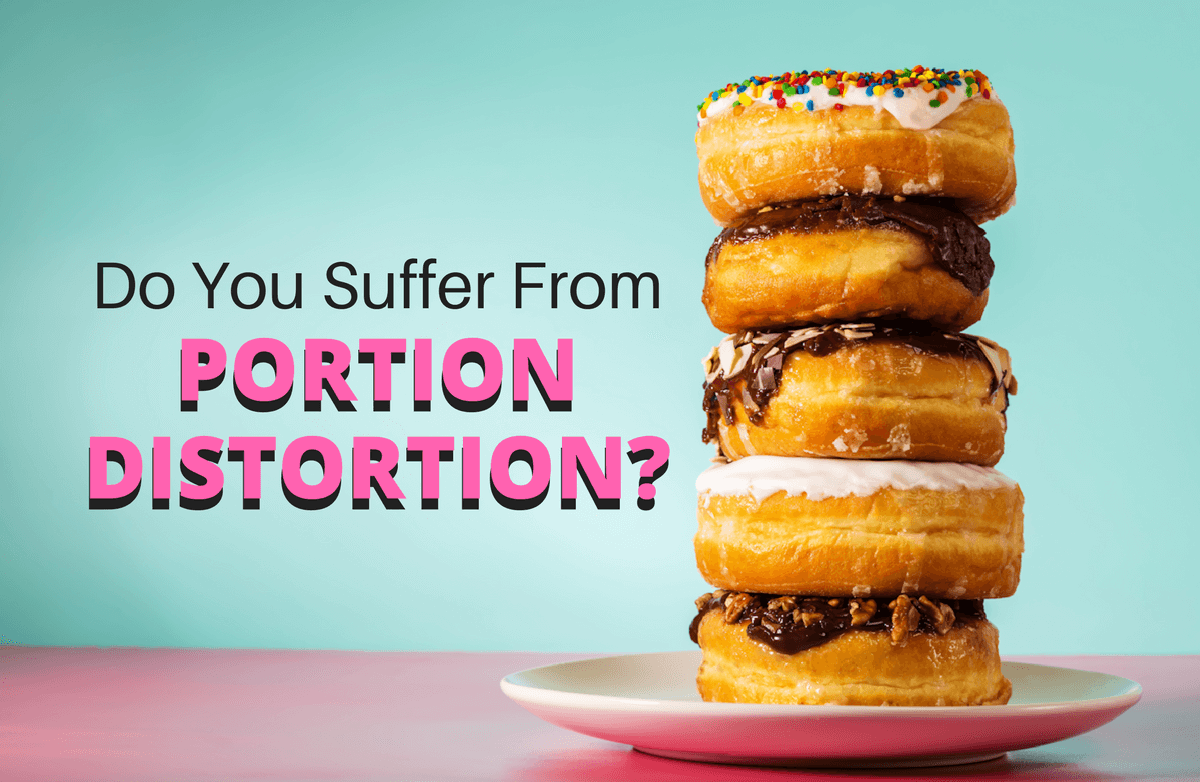By TONKA14,
SparkPeople Blogger
3/9/2014
The 2010 U.S. dietary guidelines recommend that all Americans eat more fruits and vegetables as part of a healthy diet. Government guidelines aside, you surely grew up with your mom telling you to eat your vegetables. Or maybe you even hear it now from your doctor.
When you're new to adopting a healthy diet, you may wonder: What's so good about fruits and vegetables anyway? What kind of benefits will I see if I eat more? Here are four good reasons to be like Bugs Bunny and chomp away on more fresh produce.
- Fruits and vegetables contain key vitamins and minerals. Folate, magnesium, potassium, and vitamins A, C and K are just a few of the all-stars you'll find in fresh produce. All of these nutrients play different roles in health and fruits and veggies are some of the best ways to get them.
- Fruits and vegetables are rich in fiber. Fiber has many important effects in the body. It keeps your digestive system healthy, can help keep you full (especially important if you are cutting calories for weight loss), and prevents numerous health conditions while also promoting a healthy heart.
- Fruits and vegetables are also rich in antioxidants and phytochemicals. These nutrients reduce inflammation which can reduce the risk of cardiovascular diseases and cancer. Molecules in the body called "free radicals" cause damage to our cells all the time, but antioxidants found in fruits and vegetables actually neutralize these molecules, slowing down the aging process. So you won't just look younger, your body will be healthier from the inside-out!
- Fruits and vegetables help with weight loss. Because they're naturally low in calories while being rich in fiber and nutrients, eating more fruits and vegetables helps to fill you up without consuming a lot of calories.
To gain the most nutritional benefit, select whole (unprocessed) fruits and vegetables when possible. Buying local or in-season produce also increases the chance that the food you are eating contains maximum nutrients per bite (since food that is picked and then has to travel long distances is losing nutrients every hour, day or week that goes by). Other forms such as frozen, canned, cooked, and dried fruits and vegetables, as well as juice are also acceptable and affordable options when keeping some cautions in mind:
- When selecting juice, select 100% juice without added sugar. Although 100% fruit & vegetable juices (or smoothies) provide nutrients in their natural state, they lack fiber and some of the nutrients that are found in whole fruits and vegetables, which are important for satiety and caloric balance.
- Frozen vegetables are preferable to canned vegetables if fresh is not available. If canned vegetables are used, select low sodium varieties or rinse regular canned options before use to limit added sodium to the diet.
- Select frozen fruits without added sugar and canned fruit in 100% fruit juice over options canned fruits with sugar or syrup.
- Remember that dried versions of fruits are more concentrated in calories than their fresh counterpart so proper portion control is important.
- People with carbohydrate metabolism conditions such as diabetes or PCOS can enjoy fruits in their diet. Portion size, calories and carbohydrates differ for all types of fruit, especially if the fruit has been altered from its whole, unprocessed state. If controlled carbohydrate meal plans are necessary, learn proper portion sizes for a single-carbohydrate serving (15 grams) of various fruits along with their glycemic index.
For optimal health, include fruits and vegetables of a variety of colors in your diet, especially red, orange and dark green.
|
|




.png)


.jpg)







/47d4fa6b-2470-436d-946c-5f3349439a36.jpg)






